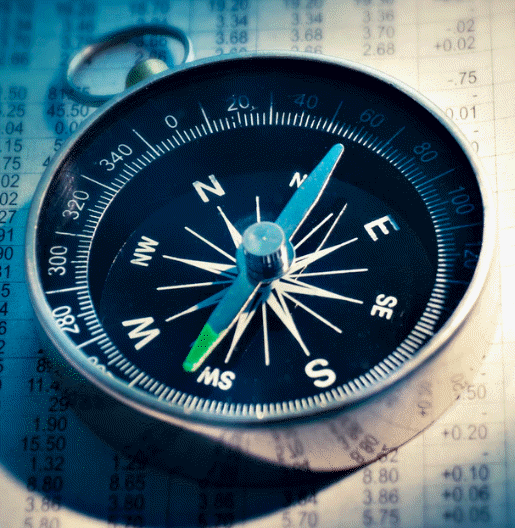Electric words
I mentioned last week that the word for computer 电脑 (diànnǎo) was wonderful because it was literally “electric brain”. I tend to learn words in groups rather than individually, and the words related to electricity 电 (diàn) are fun.
I love the allusions that they bring forward, and I thought you might enjoy knowing a few of them.
电力 (Diànlì) or “electric power” means just what it says but is often used for just electricity.
2019-01-25

